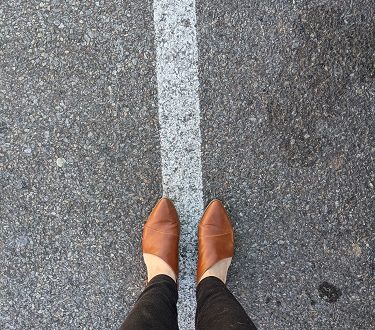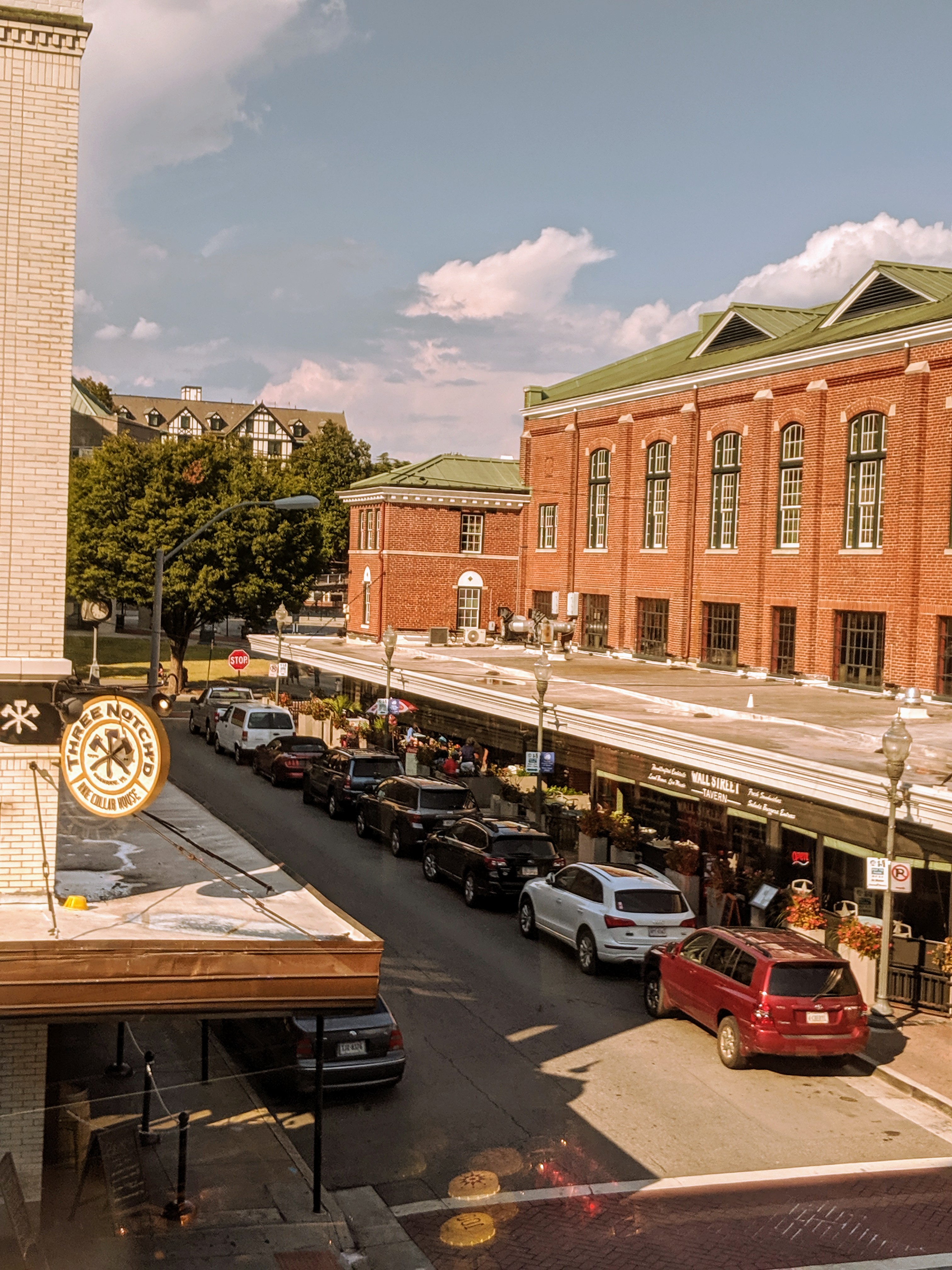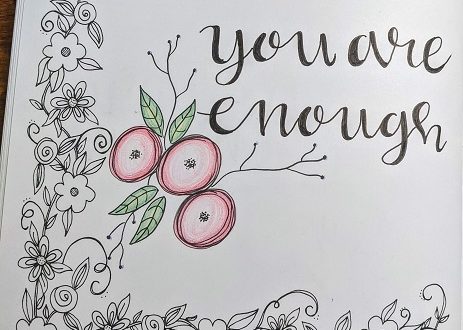
Best Books I Read Halfway Through the Year
For the new readers to the Pen, Paper, Coffee world, I am a book-a-holic and I have a reading addiction, according to my husband. His logic is supported by stuffed bookshelves and piles of to-be-read books on the kitchen table and on the mantle over the fireplace. He challenged me to read 50 books last year, of which I only reached 36.
As far as a reading goal for 2021, I left it open-ended. We’re in the sixth month of the year (June), which is also my birth month, and I wanted to share the best books I’ve read at the midpoint of the year. Before we dive into my picks for Best Books Halfway Through the Year, let me give you the quick stats on my reading list.
There are 28 books on my list to choose from for best books—14 are nonfiction and 14 are fiction.
Of the 28, nine were books I already owned, but hadn’t read. I bought all nonfiction books new to read.
I chose six books to share in this blog post, three fiction, ranging in specific genre, and three nonfiction. Each of these books was rated a 5 on my personal scale of 1-5, with 5 being the highest, which was actually unintentional for this list. I hope these give you an idea of something to read if you’re in need of a good book right now.
Fiction
1. Into the Drowning Deep by Mira Grant
 “You didn’t know you needed mermaid horror in your life until now.” This was the first recommendation I heard about this book on a podcast discussing best books hosted by Laura Tremaine on her 10 Things to Tell You podcast. Her friend, Meredith Monday Schwartz began her description of this book with the line above, and from the moment she began describing it, I knew I needed to read it. It’s outside the bounds of what I normally read, but it had me on the edge of my seat, reading wherever and whenever I could just to find out what happened. Here’s the back cover copy:
“You didn’t know you needed mermaid horror in your life until now.” This was the first recommendation I heard about this book on a podcast discussing best books hosted by Laura Tremaine on her 10 Things to Tell You podcast. Her friend, Meredith Monday Schwartz began her description of this book with the line above, and from the moment she began describing it, I knew I needed to read it. It’s outside the bounds of what I normally read, but it had me on the edge of my seat, reading wherever and whenever I could just to find out what happened. Here’s the back cover copy:
“The ocean is home to many myths,
But some are deadly. . .
Seven years ago the Atargatis set off on a voyage to the Mariana Trench to film a mockumentary bringing to life ancient sea creatures of legend. It was lost at sea with all hands. Some have called it a hoax; others have called it a tragedy.
Now a new crew has been assembled. But this time they’re not out to entertain. Some seek to validate their life’s work. Some seek the greatest hunt of all. Some seek the truth. But for the ambitious young scientist Victoria Stewart this is a voyage to uncover the fate of the sister she lost.
Whatever the truth may be, it will only be found below the waves.
But the secrets of the deep come with a price.”
Should you choose to read this book, heed Meredith’s next piece of advice: don’t read this book near open water, such as lakes, rivers, the ocean, or, even, the swimming pool. The author, Mira Grant, does a fantastic job of blending the world the fantastic and the world scientific discovery into one in this novel. I literally could not put it down.
2. What She Knew by Gilly MacMillan
 This novel follows the story of Rachel, the mother of the missing boy Ben, and the investigator heading the search for him. I’ll admit, if I wasn’t a mother when I read this book, I might’ve read it in a completely different way.
This novel follows the story of Rachel, the mother of the missing boy Ben, and the investigator heading the search for him. I’ll admit, if I wasn’t a mother when I read this book, I might’ve read it in a completely different way.
Reading it as a mother, I felt the terror, the uncertainty, the doubt at not knowing where your son is or if he’s safe. I felt the anger, the frustration, the humiliation of working with the system and waiting for answers only to have the tabloids hold your most vulnerable moments on trial in the court of public opinion. If you read The Girl on the Train, you’ll probably enjoy the style and tone of this novel. Fair warning to mothers of littles reading this book, it will make you want to wake your sleeping baby to hug them extra tight and a little longer than they’d like.
After finishing this book, I wrote an email to the folks who subscribe about it. It said this: “From the very first page I questioned what I thought to be true and hugged my son a little tighter, a little longer.
As I neared the end of the book, I found myself sitting up in bed as I went to turn off the lamp wondering loudly, what happened to Ben?! Why can’t they find him? It’s a work of fiction, but it pulled at the threads of my reality, tearing a hole in the fabric just wide enough to see into the experience no mother should ever endure.
While I read about a parent’s worst nightmare and pondered the question of what I would do if put in this situation, I watched my son smile wide with delight as he lifted up the end of my shirt to poke my pliable belly. I watched him sleep soundly, small bottom pointed toward the ceiling.”
3. Left Behind by Tim LaHaye and Jerry Jenkins
 Published in December 1995, I know I’m way behind on this series, but better late, than never. You’ve probably heard about or read the series yourself back when they were hugely popular in the late 90s and early 2000s, or you watched the unfortunate movie adaptations. As I grew up, the children’s version of these books sat on our bookshelves and I flipped through them a few times hearing the buzz from others who loved them. I never caught the bug for them, until I started reading them in May of this year.
Published in December 1995, I know I’m way behind on this series, but better late, than never. You’ve probably heard about or read the series yourself back when they were hugely popular in the late 90s and early 2000s, or you watched the unfortunate movie adaptations. As I grew up, the children’s version of these books sat on our bookshelves and I flipped through them a few times hearing the buzz from others who loved them. I never caught the bug for them, until I started reading them in May of this year.
It begins with the rapture, with Christ’s return, and reveals the chaos which results from millions of people disappearing mysteriously in the blink of an eye and all at once. As suddenly as a flash of lightning, people driving cars, flying planes, or walking down the street are simply gone. If you ever wonder what will happen in the end times, after Jesus returns to take his people home to heaven, this book provides the answers of what it could look like. LaHaye and Jenkins do a masterful job of combining prophetic scripture, theology, and story in this series. (I’m currently on number five, Apollyon).
Non-Fiction
1. Straining Forward: Minh Phuong Towner’s Story by Michelle Layer Rahal
 This is where I get to brag about my dear friend, Michelle, and the book she wrote outlining Minh’s incredible story. I grew up after the Vietnam War. When I went to school it was old news. Sure, we covered it in class, but only briefly and never with enough detail to understand the full depth of the conflict in that region of the world.
This is where I get to brag about my dear friend, Michelle, and the book she wrote outlining Minh’s incredible story. I grew up after the Vietnam War. When I went to school it was old news. Sure, we covered it in class, but only briefly and never with enough detail to understand the full depth of the conflict in that region of the world.I can’t speak highly enough for this book, how it deals with nightmarish topics, and gently guides readers back to God over and over.
Here’s the back cover copy for Straining Forward:
“In the early morning hours of January 31, 1968, eleven-year-old Minh Phuong watched in horror as her father and two siblings were gunned down by the Vietcong in their backyard. Though she escaped the bullets that night, abuse, prison, and torture would follow. The tragedy of her childhood would haunt Minh Phuong for the rest of her life and lead her to question God’s very existence.
Straining Forward is the true story of Minh Phuong’s dramatic escape from war-torn Vietnam and the effects of undiagnosed post-traumatic stress disorder on her adult life. Author Michelle Layer Rahal not only provides powerful insight into the minds of refugee children, she also calls each of us to accountability for their care and healing.
A riveting, spiritual journey of hope and healing, Straining Forward reminds readers that even in our loneliest and most desolate moments, we are never truly alone.”
2. Try Softer: A Fresh Approach to Move Us out of Anxiety, Stress, and Survival Mode—and Into a Life of Connection and Joy by Aundi Kolber
 I was only in the first chapter of this book when I cried the first time, and it was not just a single tear falling down my cheek. I was sobbing. As Kolber explained complex trauma, little T trauma, the concept of white-knuckling, and being gentle with myself, her words revealed what I had ignored or pushed to the dark edges of consciousness, I am a trauma survivor. This book is rich in information, guidance, and the advice of a mental health professional I can personally vouch for as being helpful. Here is the back cover copy:
I was only in the first chapter of this book when I cried the first time, and it was not just a single tear falling down my cheek. I was sobbing. As Kolber explained complex trauma, little T trauma, the concept of white-knuckling, and being gentle with myself, her words revealed what I had ignored or pushed to the dark edges of consciousness, I am a trauma survivor. This book is rich in information, guidance, and the advice of a mental health professional I can personally vouch for as being helpful. Here is the back cover copy:“In a world that preaches a “try harder” gospel―just keep going, keep hustling, keep pretending we’re all fine―we’re left exhausted, overwhelmed, and so numb to our lives. If we’re honest, we’ve been overfunctioning for so long, we can’t even imagine another way. How else will things get done? How else will we survive?
It doesn’t have to be this way.
Aundi Kolber believes that we don’t have to white-knuckle our way through life. In her debut book, Try Softer, she’ll show us how God specifically designed our bodies and minds to work together to process our stories and work through obstacles. Through the latest psychology, practical clinical exercises, and her own personal story, Aundi equips and empowers us to connect us to our truest self and truly live. This is the “try softer” life.
In Try Softer, you’ll learn how to:
• Know and set emotional and relational boundaries
• Make sense of the difficult experiences you’ve had
• Identify your attachment style―and how that affects your relationships today
• Move through emotions rather than get stuck by them
• Grow in self-compassion and talk back to your inner critic
Trying softer is sacred work. And while it won’t be perfect or easy, it will be worth it. Because this is what we were made for: a living, breathing, moving, feeling, connected, beautifully incarnational life.”
3. Searching for Certainty: Finding God in the Disruptions of Life by Shelly Miller
 Miller writes with a poetic beauty, weaving together stories of living abroad in London, finding God as a teenager, and growing up in an unstable home. Her words feel more like a warm hug than a book about finding God.
Miller writes with a poetic beauty, weaving together stories of living abroad in London, finding God as a teenager, and growing up in an unstable home. Her words feel more like a warm hug than a book about finding God.
It’s taken me longer to move through this book than others I’ve read this year, but maybe that’s a good thing. I’ve had to chance to let her words sit with me, follow me through the day, inform my own writing style and cadence, and open my eyes to the God who waits patiently by my side for me to notice. I wish you would read all the books I recommend, but this one is especially important if you’re going through a season of uncertainty. Here is the back cover copy:
“We all long for certainty in life, yet things often don’t go as we expect. When facing illness, job loss, strained relationships, and other struggles, our impulse is to question God and strive to fix things ourselves.
In this book, Shelly Miller, a trusted ministry leader, explores how difficult times can actually be purposeful times of spiritual growth. Weaving the exodus story from the Bible with her own story, she shares how to focus on God rather than trying to overcome challenges in our own limited strength. Each chapter features a simple spiritual practice to help us enjoy the peace and security that is only possible through Christ. Uncertain seasons will soon be translated as an aha instead of an oh no.”
Photo by Paige Cody on Unsplash




